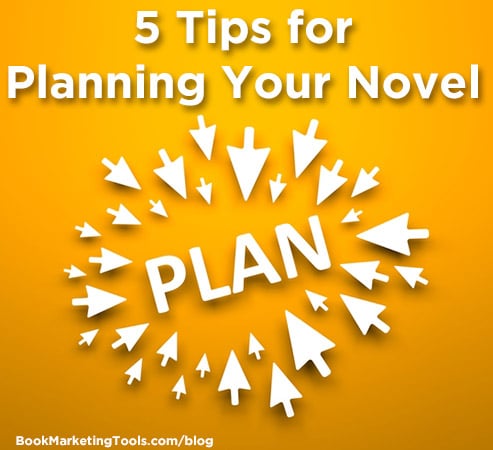My feet used to be firmly planted in the ‘organic’ writing camp when it came to planning and structure. I thought my writing had to flow and a creating a structure would dull my creativity.
Now, halfway through my second novel, I think the exact opposite. I took years to write my debut novel…No, that’s not true, I spent years writing the first few chapters of my debut novel, then once I committed to a plan I finished the rest of Beat The Rain in seven months.
Creating an outline structure and plan actually allowed me to be more creative, not less. Here’s my top five tips for properly planning out your book.
1. Decide what type of narrative you’re writing
Is it linear or non-linear? The most common approach linear – from start to finish but non-linear ones (back to front, jumping back and forth in timeframe) can be an interesting way to disrupt things from the reader.
By understanding and committing to a non-linear narrative in Beat The Rain, it enabled me to use time as another plot device, a way of withholding information from the reader until I was ready for them to have it.
As a writer, you may lean naturally into one camp or another – but my advice would be to acknowledge the type of narrative you’re writing and play to its strengths.
2. Opt for chapter lengths that suit your narrative
Sounds obvious, but shorter chapters generally lead to a more ‘page turner’ feel to a novel than long chapters. What type of novel are you writing – think about chapter length – will it be consistent throughout or will some chapters be shorter or longer, depending on the point you’ve reached in your narrative?
Which leads me to…
3. Decide how many ‘acts’ your novel will have
Structurally, novels aren’t just a beginning, a middle and an end. They also have peaks and troughs in the narrative flow.
Most novels follow a three or four act structure. In the simplest terms, three-act structures have a mini ‘climax’ or turning point about a quarter of the way through, and another three-quarters of the way through before the final descent to the novel’s end point.
4. Write a one-liner for each chapter
A lot of writers hate the idea of this but it’s become a fundamental part of the process for me. Each chapter has a one line ‘reason to live’, along with a note on mood and whether it’s a key turning point in the plot before I write a word.
This allows you to see your entire novel at a glance – it’s incredibly powerful and also allows you to see where you need to make adjustments even before it’s written (if you have too many chapters with the same ‘mood’ in a row, for example).
5. Understand your plan isn’t supposed to be rigid
Creating a plan and structure for your novel before you write doesn’t mean you’ve knitted yourself a creative straightjacket.
There is a lot to be said for letting your story evolve as you write – but without a plan, when you make big changes, it’s a nightmare task to go back and retrofit this, especially if you change something significant about a character or plot (which you’ll probably do a lot).
With a more detailed plan, you can look at each chapter and section and know where you’ll have to make adjustments to incorporate the latest genius changes in your characters or storyline.
My experiences with my first novel mean I’ve got a four act structure already planned for my second novel, The Possessing Things, and I know which chapters the major plot turning points are coming in, where and what the mid point is, the end and the main structural skeleton that binds the entire novel together.
And 30,000 words in and counting, it’s an entirely different novel to the one I started writing – but I’ve adjusted my structure accordingly.
Nigel Jay Cooper is an author, writer, father, and runner (not always in that order). His debut novel Beat The Rain, a psychological thriller, will be published in August 2016 by Roundfire Books (a JHP Fiction imprint).

